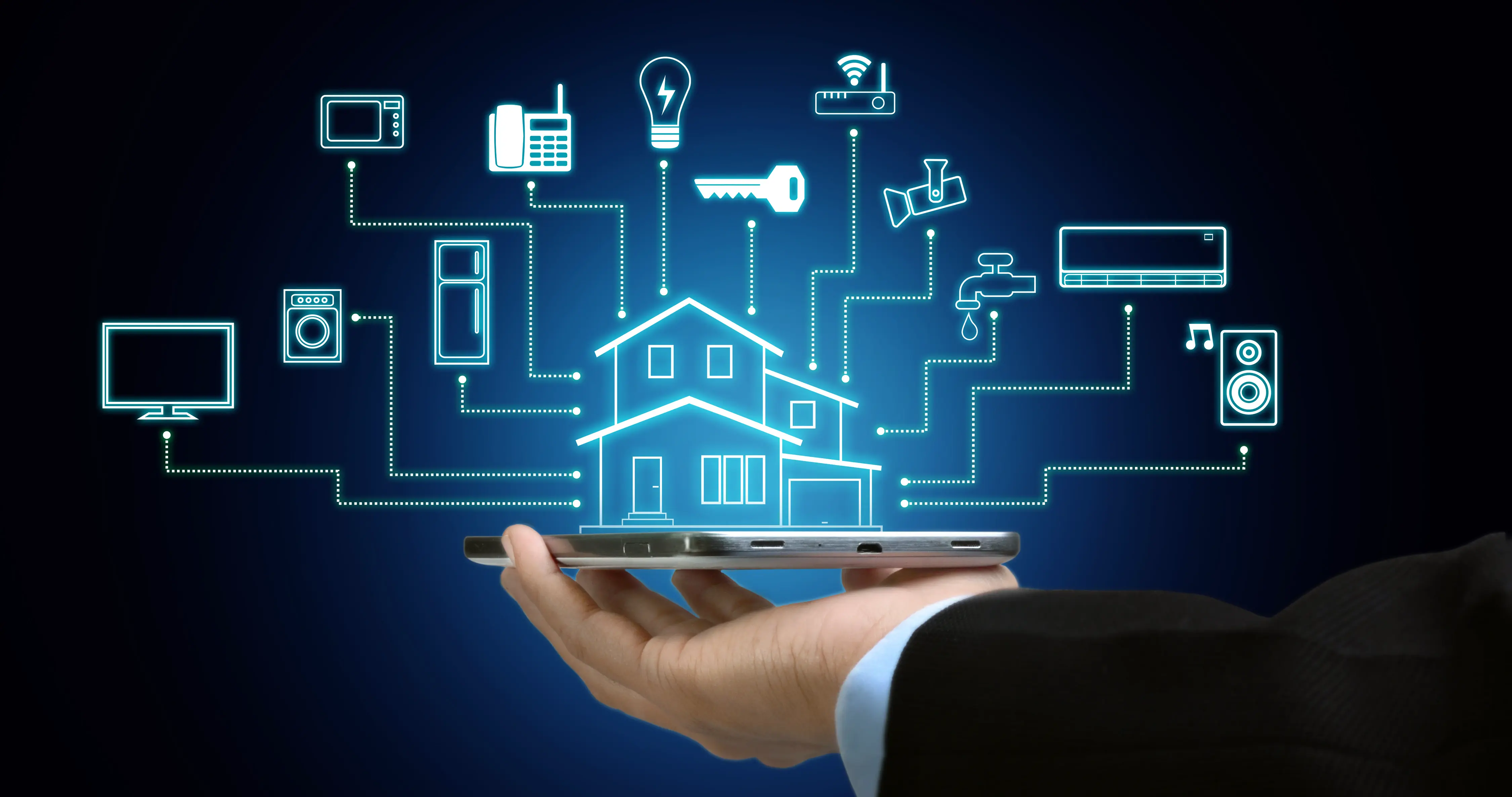
Understanding Property Management Software
Property management software is a digital platform designed to streamline and automate the tasks associated with managing residential, commercial, and industrial properties. These software solutions are tailored to meet the specific needs of property managers, landlords, real estate investors, and homeowners associations (HOAs). They facilitate efficient management of rental properties, including tenant communication, lease tracking, maintenance scheduling, financial management, and reporting.
Benefits of Property Management Software
- Improved Efficiency and Productivity: Property management software automates routine tasks such as rent collection, lease renewals, maintenance requests, and financial reporting. This automation reduces manual workload, minimizes errors, and frees up time for property managers to focus on strategic activities.
- Enhanced Communication: Communication between property managers, tenants, and owners is streamlined through built-in messaging systems, email notifications, and tenant portals. This improves transparency, responsiveness, and tenant satisfaction.
- Centralized Data Management: Property management software centralizes all property-related data, including lease agreements, tenant information, maintenance records, financial transactions, and property documents. Having a single source of truth simplifies data access, retrieval, and analysis.
- Financial Management: These software solutions offer tools for rent collection, expense tracking, budgeting, invoicing, and generating financial reports. They ensure accurate accounting practices, facilitate timely payments, and provide insights into property performance and profitability.
- Maintenance Management: Property maintenance tasks, such as work orders, repairs, inspections, and vendor management, are efficiently handled through maintenance modules. Automated scheduling and tracking help ensure prompt resolution of maintenance issues, improving tenant satisfaction and property upkeep.
- Tenant Self-Service: Many property management software platforms include tenant portals where renters can submit maintenance requests, view lease agreements, make rent payments online, and communicate with property managers. This self-service capability enhances tenant convenience and reduces administrative overhead.
- Scalability and Flexibility: Property management software is scalable, accommodating portfolios of varying sizes—from single-family homes to large apartment complexes or commercial buildings. Customizable features allow users to tailor the software to their specific needs and preferences.
Key Features of Property Management Software
- Tenant and Lease Management: Features include tenant screening, lease tracking, rental applications, lease renewal management, and automated rent reminders.
- Maintenance Tracking: Tools for creating work orders, scheduling maintenance tasks, tracking repairs, managing service requests, and vendor coordination.
- Financial Management: Capabilities for rent collection, late fee management, expense tracking, budgeting, accounting integration, and generating financial reports.
- Communication Tools: Built-in messaging systems, email templates, SMS notifications, and tenant portals for seamless communication between property managers, tenants, and owners.
- Document Management: Secure storage and organization of lease agreements, rental contracts, tenant documents, insurance policies, property photos, and other essential documents.
- Reporting and Analytics: Generate comprehensive reports on financial performance, occupancy rates, maintenance trends, lease expirations, and other key metrics to inform strategic decision-making.
- Integration with Other Systems: Seamless integration with accounting software, CRM systems, payment processors, and third-party applications to streamline workflows and data exchange.
Challenges of Using Property Management Software
While property management software offers significant benefits, there are challenges that users may encounter:
- Learning Curve: Mastering the features and functionalities of new software can require time and training, especially for users who are unfamiliar with digital tools.
- Cost: The initial investment and ongoing subscription fees for property management software can be a barrier for smaller property management firms or individual landlords.
- Data Security: Protecting sensitive tenant and property information from cyber threats and ensuring compliance with data privacy regulations (e.g., GDPR, CCPA) is crucial.
- Integration Complexity: Integrating property management software with existing systems or third-party applications can be complex and may require technical expertise.
- Technical Support: Access to reliable customer support and technical assistance is essential for resolving issues promptly and maximizing software efficiency.
Future Trends in Property Management Software
The future of property management software is shaped by several emerging trends and technological advancements:
- Artificial Intelligence (AI) and Machine Learning: AI-powered analytics, predictive maintenance, and chatbots are enhancing property management software’s capabilities in automation, decision-making, and tenant interaction.
- Internet of Things (IoT): IoT-enabled devices such as smart meters, sensors, and security systems are integrated with property management software to monitor property conditions, enhance security, and optimize energy efficiency.
- Blockchain Technology: Blockchain is being explored for secure property transactions, smart contracts, and transparent property records management, reducing fraud and improving transparency.
- Mobile Applications: The rise of mobile apps allows property managers and tenants to access software features, submit requests, make payments, and communicate on the go, enhancing convenience and accessibility.
- Environmental, Social, and Governance (ESG) Integration: Property management software is evolving to incorporate ESG principles, including sustainability practices, energy efficiency metrics, and tenant well-being initiatives.
Conclusion
Property management software has revolutionized the real estate industry by streamlining operations, enhancing communication, and improving efficiency and tenant satisfaction. Its comprehensive features—from lease and tenant management to financial tracking and maintenance scheduling—make it an indispensable tool for property managers, landlords, and HOAs alike. While challenges such as initial costs and integration complexities exist, the benefits of adopting property management software outweigh these obstacles.
Looking ahead, advancements in AI, IoT, blockchain, and mobile technology are poised to further transform property management software, offering innovative solutions for optimizing property performance, enhancing tenant experiences, and driving sustainable practices. By embracing these trends and leveraging the capabilities of modern property management software, real estate professionals can navigate the complexities of property management with greater ease and effectiveness, ensuring operational success and tenant satisfaction in an increasingly digital landscape.
